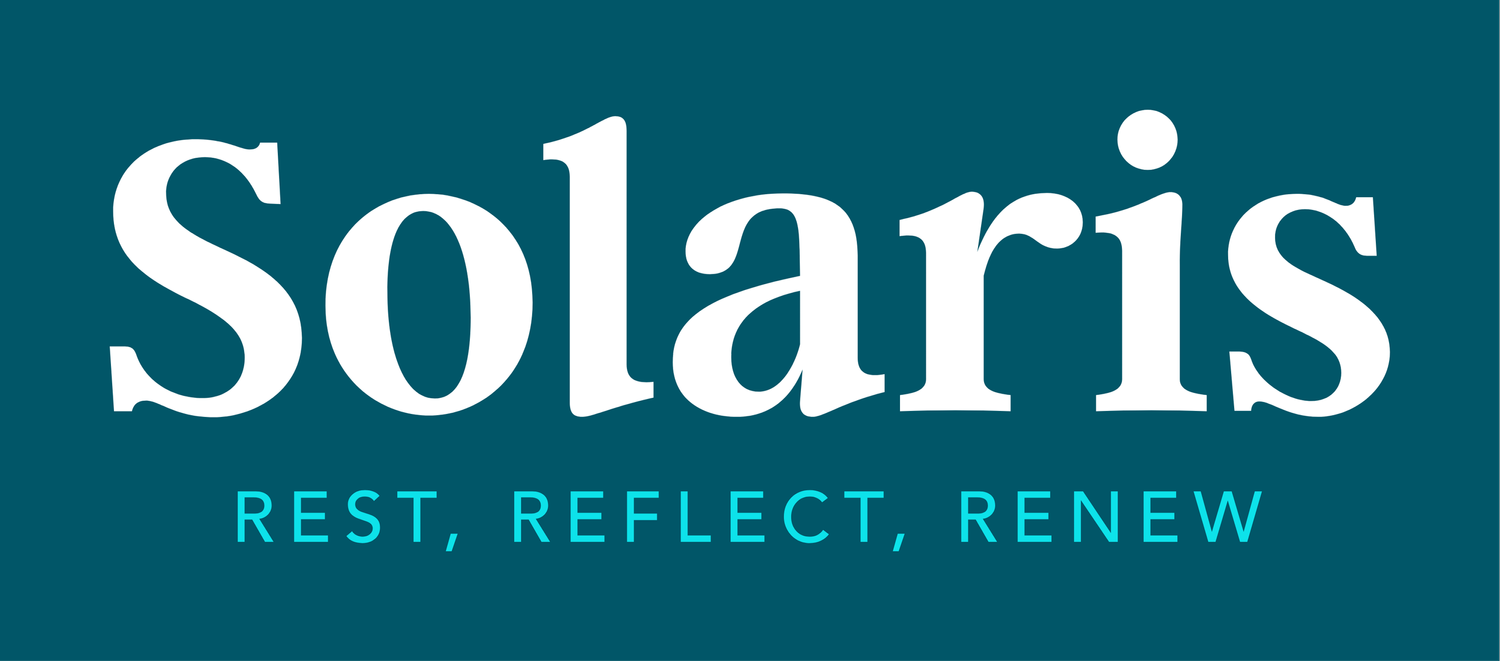Sometimes Your Body Knows Better Than Your Pinterest Board: Lessons from the Nicoya Peninsula
I had it all planned out. Costa Rica was going to be my comeback story: you know, the kind where you post photos of yourself doing sunrise yoga on the beach with captions like "Found my flow 🧘♀️✨ #PuraVida #Blessed."
My Pinterest board was basically adventure fantasy on steroids. Women zip-lining through emerald canopies, swimming under secret waterfalls, all looking like they'd unlocked the meaning of life and had really good Wi-Fi while doing it.
Reality? I spent most of the trip looking like a plague victim who could barely make it from the bed to the bathroom.
When Your Body Decides to Vacation Differently
I should have seen it coming. Even before I left Nicaragua, I had that scratchy throat thing happening: you know, when your body starts sending those "we need to talk" signals that you pretend are just allergies.
By the time I got to my beachfront hotel (birthday splurge, because I'm worth it, right?), I was full-on sick. Like, the kind of sick where breathing feels like work and you start questioning every life choice that led you to this moment.
The hotel manager greeted me with a fresh coconut and this huge smile. "Pura vida! Welcome to paradise!"
I tried to smile back, but a coughing fit that sounded like a dying seal killed that vibe pretty quickly. His face went from "welcome to paradise" to "oh honey, you need help."
"Perhaps señorita would like to rest first?" he said gently. "The ocean will still be here tomorrow."
Translation: "Please don't die in our lobby."
Happy Birthday to... Me?
My birthday was day two, and I rallied just enough to drag myself to the gift shop to buy the strongest cold medicine they had. I clutched that bottle like it was the holy grail, convinced I could medicate my way back to my Pinterest fantasy.
That night, I forced myself to go to dinner because damn it, it was my birthday and I was going to sit at a table like a functioning human. I ate fish stew while the sun set over the ocean, completely alone. No one knew it was my birthday. I didn't tell anyone. There was no cake, no singing, just me and my congestion having a quiet celebration.
Very glamorous. Very "living my best life."
Day three? My body doubled down on the rebellion. I woke up with a fever AND my period decided to crash the party two days early, because apparently my uterus has a sense of humor.
I was officially the saddest woman in paradise.
When the Storm Cleared (Inside and Out)
That night, a thunderstorm rolled in. One of those tropical storms that feels like the sky is having its own breakdown. The rain pounded the roof, lightning lit up the ocean, and I dragged myself out to the hammock on my patio because lying in bed felt too much like giving up entirely.
I wrapped myself in a blanket and just existed there. Swaying slightly. Watching the storm move across the water. No phone, no thoughts about what I should be doing, just me and the weather having a moment.
At some point, the fever fog lifted just enough for me to notice a night heron perched on the railing. This bird was completely unbothered by the storm, just standing there in the rain like it had all the time in the world. We stared at each other for what felt like forever.
"You look how I feel," I told it.
The heron didn't move. Just kept standing there, waiting out the storm.
Something about that shifted in me. Not everything requires a response. Not everything needs to be fixed or optimized or turned into a lesson. Sometimes you just stand in the rain until it passes.
What Paradise Actually Taught Me
By day four, my fever broke and I could finally venture onto the beach. I didn't zip-line or find hidden waterfalls. I laid in the sand like a beached whale and watched horses trot by.
A little kid was building a sandcastle nearby, completely absorbed in getting the towers just right. Watching her made me realize I hadn't been that focused on anything in months, except maybe my to-do list and whether I was optimizing my life correctly.
Some woman selling bracelets stopped by my chair. "The horses always find their way back," she said, watching me watch them.
I bought a blue bracelet with shells. She tied it around my wrist and said, "For finding your way home."
I didn't know if she meant the hotel or something deeper, but either way, it felt right.
The Unglamorous Truth About Healing
I never posted those Pinterest-perfect photos. My Instagram from that week was basically crickets. No sunrise yoga, no waterfall selfies, no profound captions about finding myself.
What I did find was this: sometimes your body knows what you need better than your Pinterest board does. Sometimes rest looks like being horizontal for three days straight. Sometimes paradise is just a place where you're allowed to be sick without anyone expecting you to be productive about it.
And sometimes the universe teaches you through a stubborn heron that the storm will pass, whether you do anything about it or not.
Would I go back? Absolutely. But next time I'm leaving the Pinterest board at home and packing better cold medicine.
Because sometimes paradise is about learning that you don't have to earn your right to rest, even when your body forces the lesson on you.
